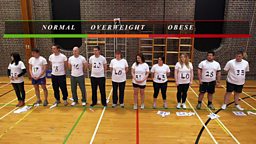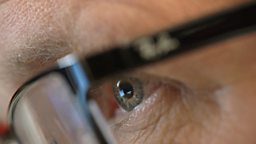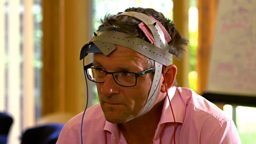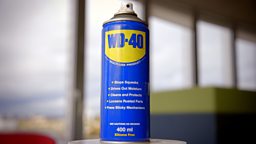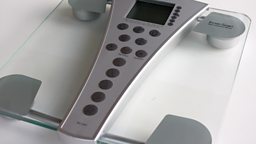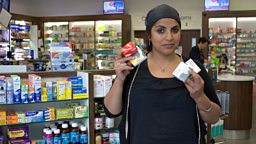Can cheap sunglasses really protect my eyes?
There are lots of decisions to make when buying a new pair of sunglasses – size, shape, shade, colour and of course price. But they’re actually there to protect our eyes from UV light – so how cheap can we go and still be protected? And what other things should we be looking for when we select our shades?
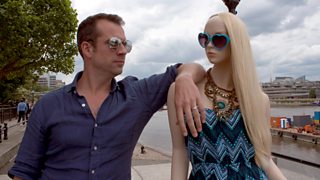
Sunglasses are more than just fashion accessories. They play an important role in protecting our eyes from damaging UV radiation. The sun emits three types of UV light - UVA, UVB and UVC - but while UVC is absorbed by the Earth’s atmosphere, UVA and UVB rays can harm our skin and our eyes. The damage to our eyes can include sunburn of the cornea (sometimes called snow blindness), skin aging, macular degeneration, cataracts and skin cancer, so proper protection for our eyes is vital.
Fortunately in the UK and Europe the standards on sunglasses are very strict and insist that they block 99-100% of UV radiation. You can make sure that your sunglasses meet these standards by looking for the British and European standard markings on the label. Here on Trust Me, I’m A Doctor we tested a range of sunglasses belonging to the British public and found that almost all pairs offered good protection regardless of price. The only pair we found that didn’t block enough UV were purchased over the internet, so it’s important to remember that sunglasses bought online or from countries without strong regulations may not meet such high standards.
Another thing to consider when buying sunglasses is the darkness of the lens. This actually has nothing to do with UV protection, but can help us deal with varying levels of brightness. In Britain there are four filter levels ranging from 1-4. Category 4 lenses are the darkest so might be useful on very bright days, but these aren’t suitable for driving. Lenses also come in different colours which can be useful in different conditions – yellow lenses are useful in overcast or snowy conditions, brown lenses are considered good for outdoor activities and grey lenses retain accurate colour perception so are good for driving.
The other crucial thing to consider is of course the style of your sunglasses, and researchers have found that this plays a bigger role in protecting your eyes than you might think. This is partly due to the fact that the UV light hitting our eyes comes from all sorts of different directions. Under average conditions, a large amount of the UV radiation our eyes have to deal with comes from reflection and scatter rather than directly from the sun. Clouds, haze and the ground all reflect UV and different surfaces reflect more or less than others. Concrete reflects about 10%, water can reflect about 13% and snow can reflect up to 80% or even 90%. So when researchers from Aston University modelled light from different angles and tested different styles of sunglasses they found that wraparound lenses that sit close to the face blocked the most UV and offered the best protection.

